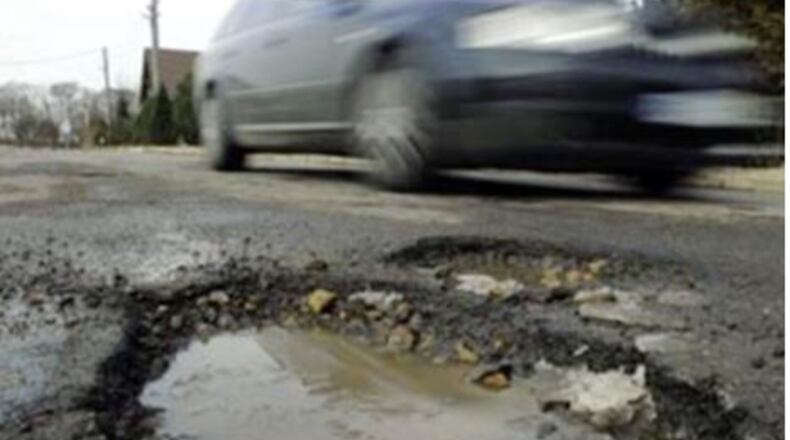MORE: Riverside could ask for 8-mill levy to fund major road projects
Riverside would collect about $1.9 million in new tax revenue annually if the levy passes. It would cost someone who owns a $100,000 home an extra $280 in property taxes per year, the county auditor’s office said.
The tax would be permanently earmarked for streets and never expire or have to be voted on again, according to Montgomery County Auditor Karl Keith’s office.
The city wants to use the new tax money for reconstruction and repair of both residential roads and main streets, Lewallen said.
The need to repair roads in the city is dire, said Kathy Bartlett, Riverside’s public service manager.
“Without this levy, the roads will continue to get worse and that means more potholes,” Bartlett said.
Riverside Mayor Bill Flaute said it is vital the levy gets on the ballot and then passed.
“We need to get caught up,” Flaute said. “The repairs are becoming more numerous and the need to repair is becoming more obvious.”
MORE: Local Republicans score wins after last votes counted for 2 races
Riverside hired Pavement Management Group to assess roads in March. The $25,000 study found that 70% of the roads in Riverside are in fair or poor condition.
“But fair condition is still not great driving condition,” Bartlett said. “We’ve found our residents don’t like driving on roads in fair condition.”
Riverside expects to see an additional $400,000 a year from the new Ohio gas tax, Bartlett said. That money can go toward repairing roads, but Bartlett said the city determined it should spend about $3.25 million a year on roads.
Without the new levy, the city would have $1.2 million a year to put toward roads, including the new gas tax.
Bartlett believes the levy will pass if put on the ballot a second time.
“Voters know how bad the roads are just from driving on them,” Bartlett said.
City council will vote on the levy at its July 18 meeting. If the city council determines the issue should go on the ballot, the city will schedule community meetings to inform the public about the levy.
About the Author

